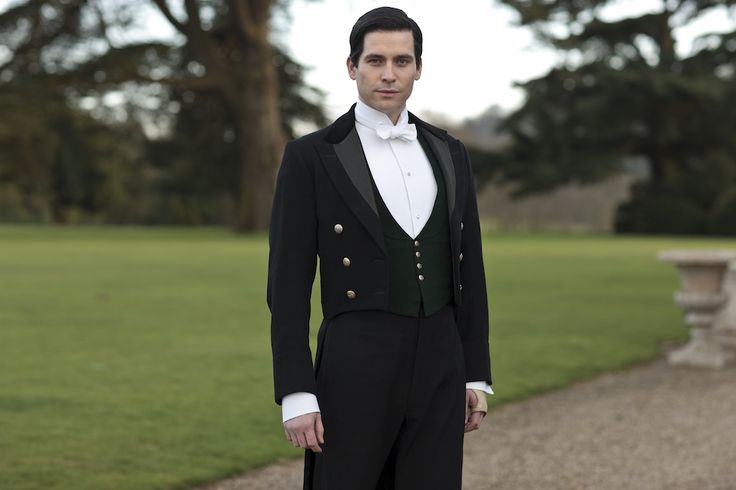“Ah, there’ll be a war all right – it’s time to prepare for it.” — Thomas Barrow, Downton Abbey
Downton Abbey is streaming on Netflix currently and has garnered fan attention yet again. After all, who would not want to bask in the glory of the manners, grandeur and etiquettes of aristocratic England. It’s a premise that has seen swathes of the population fall in love.
With a vast set of characters on both ends of the socio-economic spectrum, the show provided an intimate insight into the life of the aristocrats and the socialites who constitute the upper echelons of British high society. The show flaunted an incredible ensemble that portrayed wonderful and layered characters. Out of all the characters on the show, there was one such figure who saw the beautiful fusion between love and hatred and managed to be one of the most hated yet empathy-inducing characters on the show.
Over the show’s six-season run, Thomas Barrow, played dexterously by Rob James-Collier, prevailed as one of the most fascinating characters on Downton Abbey. A stellar representation of what good character arcs should look like, the show portrayed Barrow undergoing a series of changes, achieving an unimaginable feat. Collier was effortless as the ambitious, cunning, opportunistic and rude footman who just wanted to ascend the ladder and live a life of respect.
Always clad in crisp three-piece suits, Barrow was the epitome of subservience. He was always available at his master’s beck and call, while secretly hoping to realise his fetish of finally being able to achieve his dreams. Fans hated Barrow to an unimaginable extent. He had done some pretty vile things as well and deserved the hatred. From framing Bates wrongly for theft to blackmailing his lover and kidnapping Lord Grantham’s dog to sabotaging Alfred’s attempts of becoming Matthew’s valet, flirting with married women and always sneering at others, Barrow was utterly loathsome in various aspects. Fans loved to hate Barrow and the idea of what he represented — the thirst and desire to rise above one’s designated rank.
Was Barrow really wrong? If one looked beyond his conniving facade, one could see how he strongly he hankered for love and acceptance, mainly from himself.
His sexuality has always been the point of argument on the show. In the early 1900s, when being gay was considered a sin and punishable by law, as a gay working-class man struggling to realise his dreams, Barrow had been mercilessly assaulted, imprisoned and shunned. His abandonment issues stem from having had a loveless childhood with an absent father. His love for the Crawley children and his gentle demeanour with them shows how he craves filial love.
His rude exterior and constant snarky comments are a poor defence mechanism. Barrow’s insecurities and shortcomings make him build walls that do not allow people to enter. He was a brilliant antagonist whose emotional depth and layered character managed to induce pity despite the cruelty that he showcased and the sheer viciousness he emanated. Barrow, despite what he said, found his family in the Crawleys.
Though he is finally able to realise his dream and become the head butler following Mr Carson’s retirement, his character was the finest portrayal of the feeling of isolation, alienation, terror and melancholy a gay man would feel in an inherently homophobic society. From injecting snake oil into himself to change his sexual orientation to dealing with abuse, Barrow’s story is harrowing and painful.
His desire for ascension and success is relatable, his feelings of anxiety and paranoia understandable. The immense depth of his character, the gradual evolution and Collier’s brilliant performance is what set Thomas Barrow, the titular “man without a heart”, apart, making him one of television’s finest characters.
